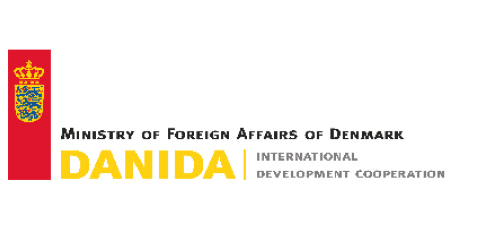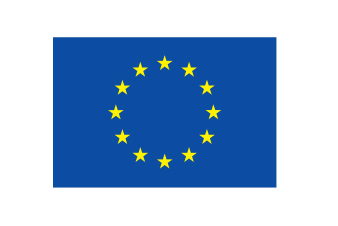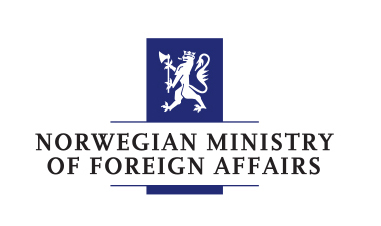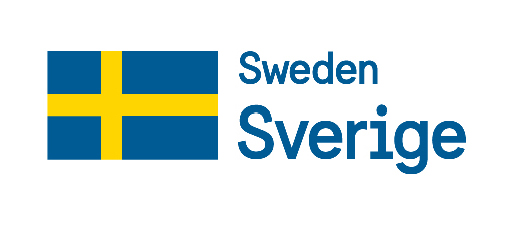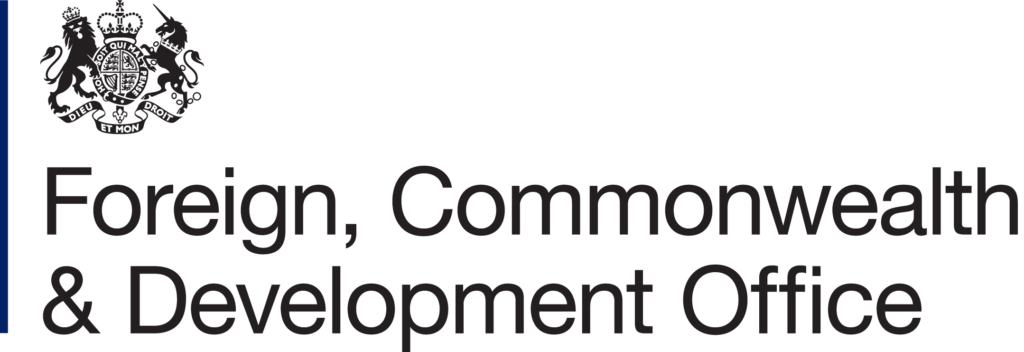Dina (not her real name), 20, was born with a hearing and communication impairment. She was only twelve when the war started and, like many other children in Syria, she had to drop out of school. She got married and gave birth to a baby girl two years ago. Shortly after her daughter was born, an airstrike hit her house, killing her husband, her father and her brother.
Fearing for their lives, Dina fled with her daughter and the rest of the family. “Fleeing with a small child was very difficult. Two of my sisters have difficulties seeing and hearing and one of my brothers uses a wheelchair. My mother and I had to take care of them. We had to flee from one governorate to another until we reached a safer place,” Dina explains.
Recalling her life before the conflict, she says: “Life was easier in my hometown, people knew me, and they knew how to deal with me. The hardest thing is when you don’t know anyone, and people are strangers.” It was difficult for her to build a life in a new place, where everything and everyone was new.
Dina’s life changed for the better when she learned about the support provided by the International Rescue Committee and Humanity inclusion as part of the Syria Resilience Consortium (SRC). Since its inception in 2016, the six members of the SRC have supported more than 2 million people, out of which, 5,400 are persons with disabilities.
Dina applied to receive vocational training and a business grant. “I really wanted to become a hairdresser and was so thankful when I got accepted. When I started to go to the training, I began communicating with people again and making new friends. This made me extremely happy and I felt I am regaining my confidence. I no longer feel like I am a stranger.”
Dina is now learning to do makeup and hair dyeing, as well as different hairstyles. She wishes that in the future she can open her own salon. “I have lost so much. Now my main goal is to be an independent woman, raise my daughter well and help my mother and siblings.”

